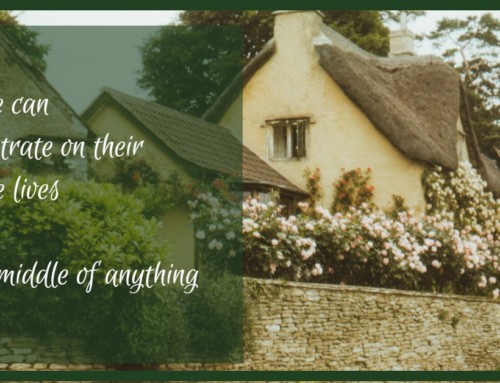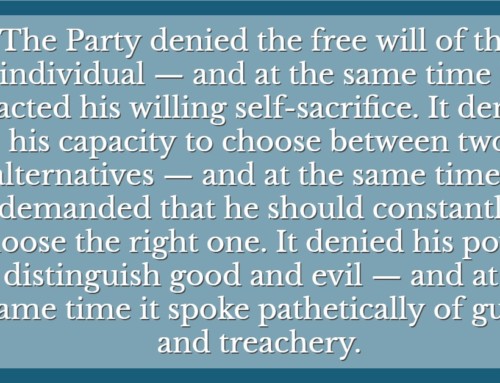I admit it. I’m a wanderer.
I try to pick the nice areas of town. Million-dollar homes, urban plazas (especially with large, burbling fountains)–that’s what I aim for. In fact, I can make one certain assumption about wherever I wander: if I like the neighborhood, I can’t afford it.
Sometimes, though, I draw the scary card. Like that day that I walked by the abandoned distillery. True, they were trying to gentrify it into cool office space. It’s just that the tenant list looked a little sparse. And they needed to do something about that broken window.
Then there was the time I happened upon the village of homeless men, well-hidden from the passing traffic, but not well-hidden from me. I nodded good day to the scruffy guys and moved on at my most aerobic pace. Surely a woman whose exercise pants have shrunk above her ankles is too ridiculous to attack.
Train stops at the gates of urban hell, being the only white woman for blocks around–been there.
My point is: I’ve gotten away with it. As full as newspapers may be with stories of people shot, run over and mauled by dogs, it’s still a relatively safe world out there.
It’s certainly safer than the world portrayed in Bernard Cornwell’s The Burning Land. His story plays out in ninth-century England. In fact they weren’t even calling themselves “England” yet, probably because they had trouble spelling their place names. The Southwark of today used to be “Suthriganaweorc.” Really, how can you run a country when everything on the map leaves you cross-eyed?
Anyway, a walker like me would have wanted to stick real close to the village back then because England had a Danish problem. Those Danes would come over in their ships, steal the nearest horses and silver and castles and set themselves up as mini-kings (while working on becoming maxi-kings). If the Danish horde came riding over the crest of the nearest hill, you would want to take all your sheep and run into the woods. Actually, you got some warning before they appeared; when they set fire to your neighboring village, the smoke wafted your way and you knew it was time to pack the camping gear.
So Cornwell’s tale follows an English warrior, Uhtred of Bebbanburg, who knows a few good battle tricks of his own, and who also wants to wrest the family castle from his uncle. I haven’t finished it all yet, but the fine battles on sea and land, the beautiful-but-untrustworthy women, the fighting men loudly enjoying an evening in the tavern, have all kept me entertained enough to stick with it. And I’m not exactly a war-saga reader. Oh, and Uhtred’s a misogynist booger. But he anchors a colorful tale.
Cornwell is one of those prolific authors whose books fill whole shelves in the library. If you like him, you may have found enough books to keep you busy for two or three years. I think Uhtred of Bebbanburg appears in several of these tales, but I’ll let you check that out for yourself.
And now for some peasant food, dressed up to make it un-peasant-y:






Leave A Comment